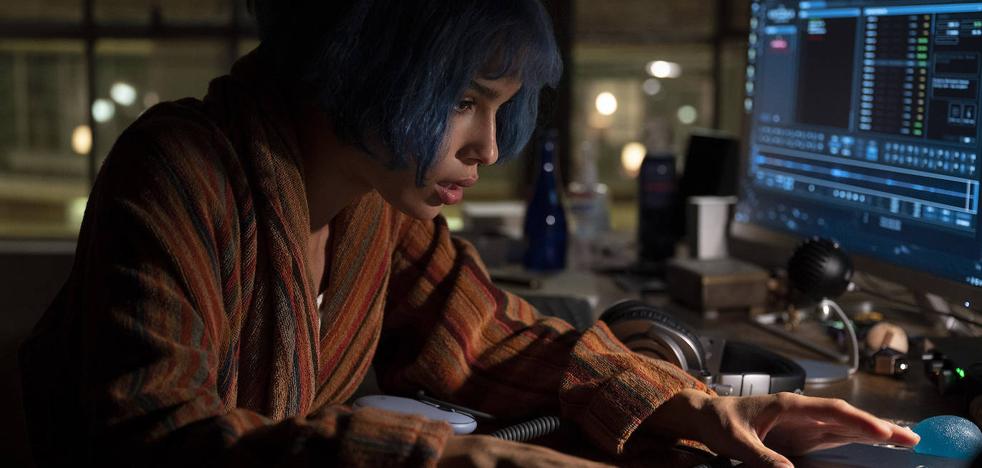He covered the war in Ukraine for RTVE and was attacked by Russian projectiles near the vehicle transporting him
With four decades as an information professional at RTVE, Washington journalist and RNE correspondent Fran Sevilla (Madrid, aged 62), covered the Russian invasion of Ukraine for the state-owned company because he wanted to “live the events live”. He left Ukraine feeling “sad and defeated” after watching old people die of exhaustion.
–What did you think when you were assigned to Ukraine?
-I’m a correspondent for RNE in Washington, the invasion had started and it was difficult to find anyone with experience in armed conflict. Next year I will celebrate 40 years of war reporting. I immediately said yes. As a journalist I wanted to be there. I like to experience events live. Tell things, don’t tell me. It was clear that the invasion of Ukraine would have a global dimension.
– Do all the conflicts you cover have something in common?
All wars are the same and different. They have in common that the same people suffer the consequences: the civilian population. In the First World War, soldiers basically died. Since then, the largest percentage of victims has been civilians. Every war has its characteristics and interests, an internal geography in which the conflict takes place.
-How was your day to day in Ukraine?
–Working without a forecast and without a schedule. Get up very early and start preparing the news for RNE, as well as making videos for social networks and TVE. We didn’t know when we were going to bed and what was going to happen. I arrived in a besieged Kiev, but the Russian attack did not take place. They fell back and the Ukrainians recaptured territory. Every day consists of getting up, planning and always under the constant bombardment, you never know where they will be. It is very difficult to predict. In a war everything is open.
-He wrote on TikTok.
– It was all new to me. I am an elderly journalist. Many were surprised to see me with white hair and a beard covering a war. Social networks have exploded in recent years and can be very useful if used properly. I actually did radio coverage, with some cooperation for TVE, and little on networks. But this new dimension is enriching. In war networks serve to tell what is happening and to manipulate. They accused me of inventing what I saw. In Bucha, for example, to the dead.
-He was attacked by Russian missiles. How did you experience it?
-It was a very complicated and difficult moment. We were in the car, in so-called gray or zero zones, in which the mobility of the front is fast and unpredictable. The Russians were approaching and suddenly a grenade fell several meters from the car. The crystals shattered. We got out and hit the ground. I thought it was all over. While making a video to show the damage to the car, another grenade came. And then more. It is impossible to know whether they attacked us or the Ukrainians. The memory remains. Every time I hear a loud and unexpected noise, my body tenses.
– How did you feel after 75 days in the war?
-Of sorrow and defeat at what all wars mean to people. When I started talking about conflicts in Central America and Nicaragua in the 1980s, they told me that wars are decided by older men who hate each other, but young men who don’t know each other and don’t hate each other die. Such are wars, with the civilian population as an additional factor. I have seen the elderly survive and try to save their lives by leaving there due to exhaustion. It’s a very overwhelming feeling.
–Other chains reduce international information.
–A public medium must be committed to high-quality international information. It’s fundamental. I don’t understand how this is being renounced in globalization when everything that happens affects us more every day. We are not safe from anything. We saw it with the pandemic and the Trump presidency and with Ukraine. A public medium may not divulge that information.
Source: La Verdad
I’m Wayne Wickman, a professional journalist and author for Today Times Live. My specialty is covering global news and current events, offering readers a unique perspective on the world’s most pressing issues. I’m passionate about storytelling and helping people stay informed on the goings-on of our planet.



